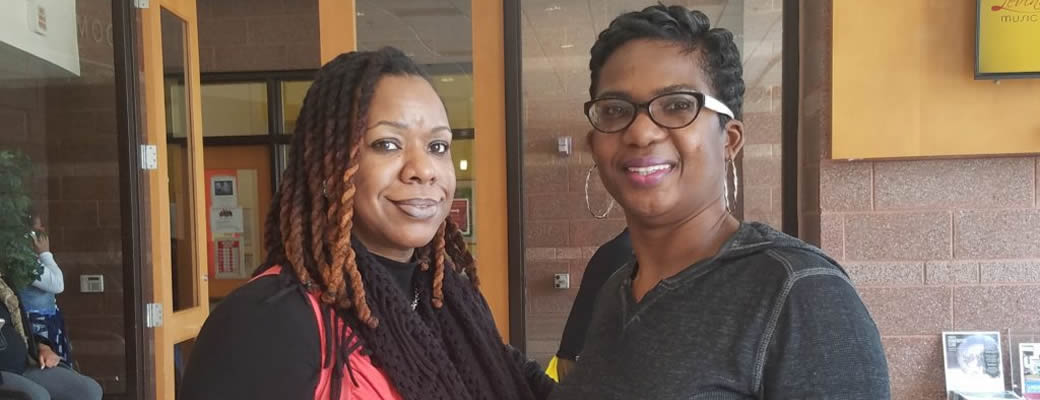Does D.C. Have A Problem With Missing Teens?
WAMU 88.5
Allison Keyes
March 21, 2017
Concerned community members and local officials will gather at a forum Wednesday in Southeast Washington to discuss whether or not there is has been an increase in teens going missing in the District.
D.C. Council member Trayon White (D-Ward 8), who helped organize the forum, has invited Mayor Muriel Bowser and top police representatives to the event. According to police reports, at least 11 teens have disappeared in the District so far this month – mostly African-American and Latino girls. The police say there’s no increase in the number of people going missing, however — they’re just doing a better job of getting the information out. A nonprofit that tracks such cases, however, says human trafficking cannot be dismissed as a possible cause of the disappearances.
The mayor has already denied there is a problem. At a press conference last week following a series of media reports about the increase in missing persons alerts on the Metropolitan Police Department’s Twitter feed, Bowser said: “There’s no evidence to suggest an increase in missing persons.”
Chanel Dickerson, the recently appointed commander of the police Youth and Family Services Division, echoed the mayor’s comments at the press conference, stressing that roughly the same number of juveniles have been reported every month by parents or guardians since 2012. “We have no indication to believe young girls in the District are being preyed upon by human traffickers in large numbers. The numbers of reported missing persons aren’t going up,” Dickerson said.
She also insisted that there’s no reason to believe the cases that remain open this year are related. Dickerson, who is the force behind the MPD’s new and improved use of social media alerts, says that the strategy of getting pictures of missing teens out in public has been working.
“Officers on patrol have recognized juveniles as missing persons through our social media posts, and we have gotten numerous calls from hospitals, security officers and other D.C. government employees who have recognized missing persons while at work and we were able to quickly reunite them with their families,” Dickerson said.
Derrica Wilson, co-founder of the non-profit Black & Missing Foundation has a different perspective. Wilson applauds the police for their efforts, but says the community’s fear is valid.
“What’s alarming is the number of kids going missing in such a short period of time,” Wilson said, “and although they have not linked it directly to human trafficking, we can’t dismiss that that’s an issue we face right here.”
Wilson points to the recent case of an autistic Baltimore girl who vanished for six days this month. She was found in Prince George’s County, and police are investigating whether she was the victim of trafficking. Wilson says the D.C. region is a prime target for these crimes.
“The metropolitan area is an easy way in and an easy way out,” Wilson said. “So you have the port in Baltimore, 495 as a corridor and some of the cases that have come to our attention have been the result of human trafficking.”
Wilson says that while social media has been a great tool for police in alerting the public to missing teens, it is also a place where predators are targeting juveniles who are simply putting too much information out there.
“One of the things we’re encouraging parents to do is create a fictitious account and try and befriend their child online to see exactly what they are putting online,” Wilson said.
She says she understands why communities of color are so worried about the missing teens. Wilson founded Black & Missing because of the disparity between the way police and the media treat missing persons cases. White women frequently got national coverage, while the cases of black missing people often languished. She says that situation at least is improving.
“It doesn’t matter what your color is, because honestly missing persons isn’t a black issue, it isn’t a white issue — it’s an American issue,” Wilson said.
Photo credit: Allison Keyes / WAMU

